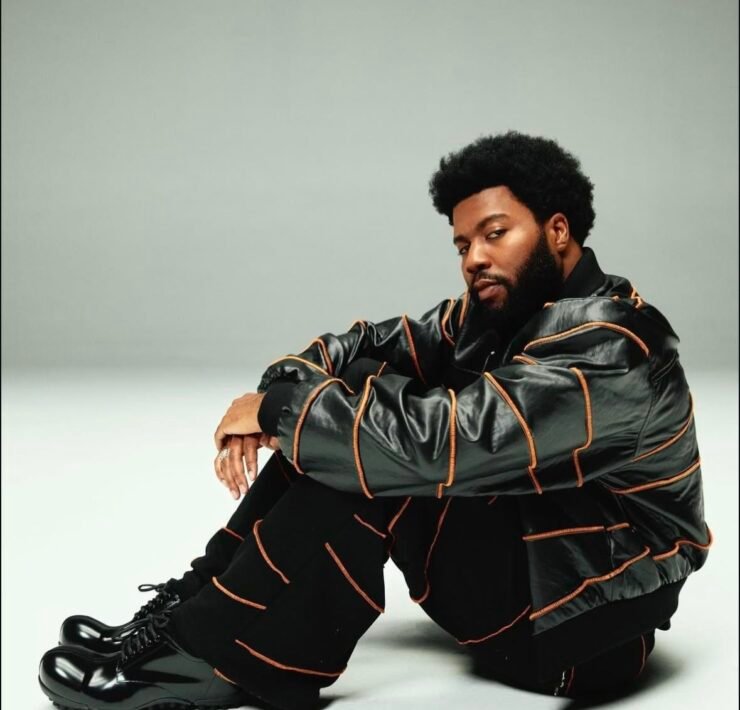Queer Girl Q&A: Gonzo Edition

An LGBT bilingual writer, Eleni was born and raised in…
Q: My partner smokes a lot of weed and prides herself on being very chill. The problem, I feel, is that a lot of why she’s able to function in this way is because I pick up much of the slack for her. I would love to sit back and put my feet up, but unfortunately, the clothes and dishes don’t wash themselves, and the floors won’t magically expunge their accumulated dirt. How can I get her to put more effort into not just our shared home, but our relationship in general? Maybe I want to be the one smoking a blunt sometimes.
**Disclaimer; I am not a therapist! My qualifications are an undergraduate degree in psychology and a deep interest in human relationships. These, combined with years of reading and lived experience, leave me feeling at least qualified enough to discuss these topics on a bare-bones level. Most of what I share here I have learned from credentialed psychologists, who are considered experts in their field.
A: It sounds like the two of you are caught in the over-functioner/under-functioner dynamic—one that I, too, have found myself in several times.
According to counselor Janice Williams, “Over-functioning is a term where one person habitually takes responsibility for ensuring the smooth functioning of their relationships. They are the ‘fixers,’ the ‘rescuers,’ the ‘reliable,’ ‘responsible’ ones. They have difficulty holding back and allowing others to ‘fix’ their own problems. In taking on more responsibility, they may get burnt out.”
In contrast, “under-functioners hold back, take on less responsibility, can be disorganized, and have learned to allow others to make their decisions.” In one of my more recent relationships, over-functioning led to frequent frustration. I often felt alone in the partnership—like I was doing all the heavy lifting, while the other woman was just lackadaisical and along for the ride.
In her book, Extraordinary Relationships, Roberta Gilbert writes that in a balanced system, “Each person takes full responsibility for what belongs to them in order to make that relationship work properly.”
Neither role is right nor wrong; both have blind spots and valid perspectives. Understanding the roots of why we tend to fall into one or the other can be helpful, though. In my case, for instance: Growing up as the baby of my family who was coddled and overprotected much of the time, I think, led to me craving a polar opposite role wherein I had more power and agency.
Thereafter, I unconsciously sought women who treated me in a way that would never provoke feelings of disempowerment. Consequently, they tended to be more passive and less direct in their communication. And yet, with them—despite the outsized amount of emotional labor I felt I was dedicating—I never felt voiceless. I never felt my autonomy wrested from me.
What was your role in your family growing up? How were you treated? What beliefs did you form as a result of this, and what behaviors did you adopt to help the world feel safer and more navigable? It’s likely that these early experiences have influenced your present-day behaviors and approach to relationships.
As far as navigating the dynamic moment to moment: The more you shift your role in it, the more space it gives to your partner to shift theirs in turn. Step back so that she can meet you in the middle.
For you as an over-functioner, this may mean temporarily withstanding more anxiety as you let go and allowing space for another to step it up—but with the longer term payoff of stronger connection in mind.
Meditation can help guide you into that headspace. So can any number of relaxation techniques, including (since you mentioned your partner smokes) cannabis consumption! (I personally don’t react well to THC, but I know plenty of other people for whom it has a very mellowing effect.)
Remember that not all of this is completely on you, though; you can’t control your partner’s behavior, but you can share your feelings about how her actions impact you. When she is receptive to it, during a calm moment, you might gently discuss alternative ways of responding with the goal of both of you feeling like your needs have been met.
Some actionable steps psychologists suggest for under-functioners include connecting with their thoughts and feelings when they find themselves tempted to shut down—either that, or voice that they need some space (often UFs skip this step, jumping straight to immediate withdrawal). Perhaps you mention these in your conversation with your partner.
This barely scratches the surface of the over-functioner/under-functioner dynamic; for more in-depth exploration, read work by Harriet Lerner, who was one of the first psychologists to discuss this idea in her book, The Dance of Anger.
What's Your Reaction?
An LGBT bilingual writer, Eleni was born and raised in the Bay Area. Her work has been published in Tiny Buddha, The Mighty, Thought Catalog, Elephant Journal, The Fix, The Mindful Word, and Uncomfortable Revolution among others. You can follow her on IG @eleni_steph_writer and read stories from her time as a rideshare driver at lyfttales.com










